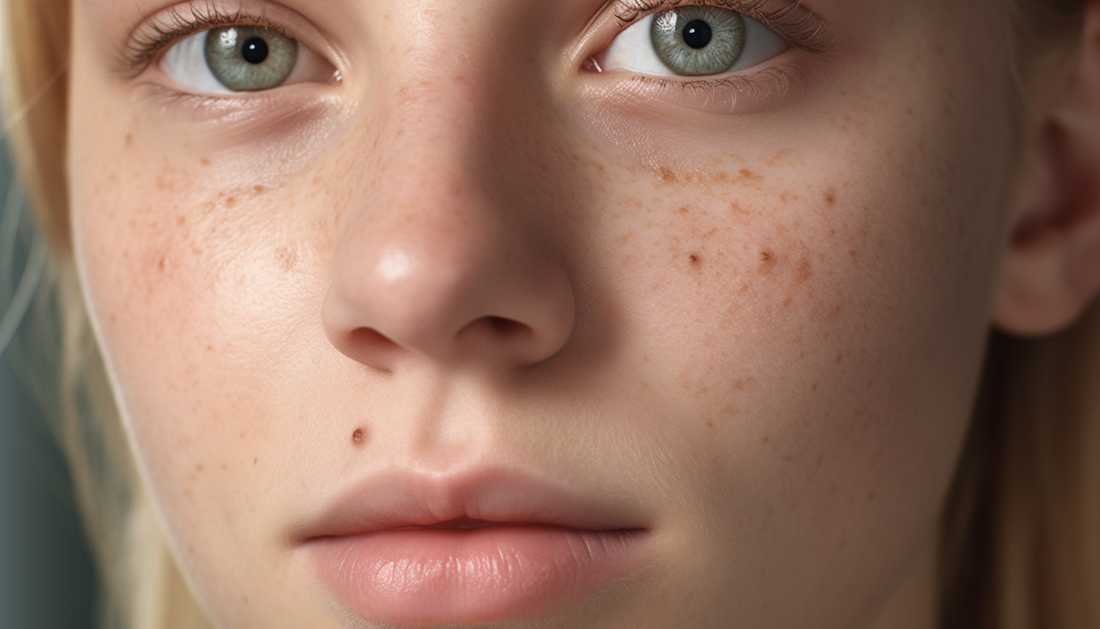
Acne: A Comprehensive Overview
Most people have had acne at some point in their lives. Whether it was a mild case of pimples in high school or more severe acne that has caused scarring, nearly everyone can relate to the frustration of dealing with this skin condition. But what exactly is acne? And what can be done to treat it? This blog post will explore all things acne, from its causes to its treatments.
What is Acne?
Acne is a skin condition that occurs when hair follicles become clogged with dead skin cells and oil from the skin. The resulting blockage can cause several types of blemishes, including blackheads, whiteheads, papules, pustules, nodules, and cysts. Acne is most common among teenagers, but it can affect people of all ages.
What Causes Acne?
There are several factors that can contribute to the development of acne. Hormones, genetics, medications, cosmetics, and diet all play a role in whether or not someone will get acne. For example, during puberty increased levels of hormones called androgens cause the sebaceous glands—which produce oil for the skin—to enlarge and produce more sebum than usual. This excess sebum can combine with dead skin cells to form plugs in the hair follicles, leading to clogged pores and acne breakouts.
Other factors that can trigger acne include certain medications (such as corticosteroids, lithium, and barbiturates), cosmetics (such as greasy lotions or makeup), and diet (such as foods high in iodine or sugar). In some cases, stress can also lead to breakouts.
How is Acne Treated?
There are a variety of treatments available for acne. Mild cases can often be treated with over-the-counter products such as cleansers, gels, lotions, or patches that contain benzoyl peroxide or salicylic acid. More severe cases may require prescription medication from a dermatologist such as oral antibiotics or retinoids. In severe cases where traditional treatments have failed, isotretinoin may be prescribed. This medication is taken orally and works by decreasing the size of the sebaceous glands and preventing plugged follicles. Isotretinoin is typically used as a last resort due to its potential side effects, which include dryness of the lips and nose, itching or burning eyes, joint pain, diarrhea, headaches, and changes in night vision.
Some people also opt for natural remedies to treat their acne breakouts. Common natural remedies include using tea tree oil as a spot treatment or applying green tea compresses to the face. Additionally, there are many dietary supplements marketed as being beneficial for clearing up acne; however, many of these claims have not been backed up by scientific evidence. The bottom line is that there is no one-size-fits-all solution to treating acne; what works for one person may not work for another. The best course of action is to experiment with different treatments until you find one that works for you.
Conclusion:
Acne is a common skin condition that affects people of all ages. There are several factors that can contribute to its development, including hormones, genetics, medications, cosmetics, diet, and stress. There are also a variety of treatments available, both over-the-counter and prescription. Natural remedies may also be effective for some people. Trial and error is often necessary to find the best treatment for each individual.
